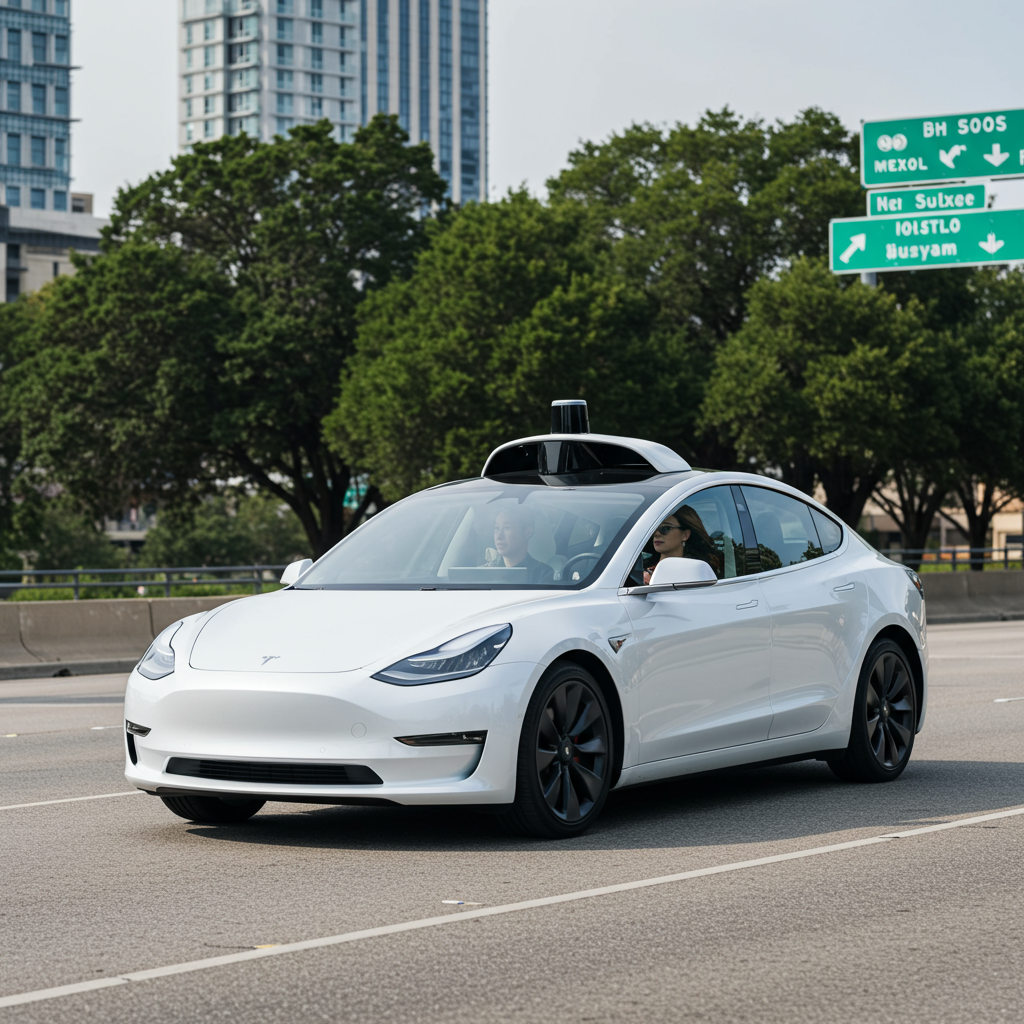TikTok’s US Future: Trump Grants Another Extension on Potential Ban or Sale
President Donald Trump has once again extended the deadline for ByteDance, the Chinese parent company of the popular video-sharing app TikTok, to sell its U.S. operations or face a ban. This marks the third time the Trump administration has granted a reprieve, pushing the compliance date back by another 90 days.
The decision comes amidst an ongoing legal and political battle over the app’s future in the United States, driven by persistent national security concerns.
New Deadline Set: September 17
The latest extension was confirmed by an Executive Order signed by President Trump on Thursday. This moves the deadline for ByteDance to finalize a sale or partial sale of TikTok’s U.S. assets to September 17.
White House Press Secretary Karoline Leavitt stated the 90-day delay aims to “ensure this deal is closed so that the American people can continue to use TikTok with the assurance that their data is safe and secure.”
TikTok, which boasts approximately 170 million users in the U.S., welcomed the news, expressing gratitude for “President Trump’s leadership and support” in maintaining the app’s availability. The company also noted it is continuing discussions with Vice President Vance’s office regarding a resolution.
The Law, Security Fears, and Previous Delays
The requirement for a sale stems from a law passed by Congress last year, which mandates TikTok’s divestiture or effective ban from U.S. app stores and updates. The bipartisan legislation was enacted due to fears that the Chinese government could potentially access sensitive data on American users or leverage the app’s powerful algorithm for political manipulation. TikTok has consistently denied these allegations, asserting its U.S. user data is protected.
This law was previously set to take effect around January 19th. At that time, with no deal reached, TikTok briefly became unavailable for some U.S. users after the Supreme Court upheld the law just days before the deadline. Service was restored only after President Trump indicated he would intervene upon taking office, demonstrating the law’s potential impact and the administration’s willingness to delay its enforcement.
Trump’s Evolving Stance
President Trump’s position on TikTok has appeared complex and shifting. While he initially attempted to force a sale to an American buyer during his first term in 2020, his stance softened more recently. He has publicly expressed a “warm spot” for the platform, even claiming it helped him win the youth vote in the 2024 election – a claim contradicted by voting data which showed most young voters backed the Democratic candidate.
Before the official announcement of the extension, Trump himself hinted at the coming delay, stating he believed Chinese President Xi Jinping would ultimately approve a deal and asserting he had the legal authority to grant the extension.
Criticism and Legal Challenges
The repeated delays and the latest executive order have drawn sharp criticism, particularly from lawmakers who championed the original ban legislation.
Senator Mark Warner, a Democrat and Vice Chairman of the Senate Select Committee on Intelligence, was notably vocal. He accused the Trump administration of “flouting the law” and disregarding its own national security assessments regarding the risks posed by TikTok’s ownership by a company tied to the People’s Republic of China (PRC). Warner argued that an executive order cannot legally bypass a congressionally passed law and expressed deep concern that the critical issue of control over the app’s algorithm, which he sees as a tool to “shape public opinion,” remains unresolved.
Other Democrats, like Senator Ed Markey, echoed concerns about the legality of the unilateral extension and the potential for creating “ruinous legal liability” for U.S. service providers like Apple, Google, and Oracle if they continue to operate with the app beyond the statutory deadlines.
Some Republican lawmakers, while emphasizing the need for U.S. law to be followed and ensuring the Chinese Communist Party has no access to user data or ability to manipulate content, are awaiting details of a potential deal. However, others, including Senators Tom Cotton and Pete Ricketts, have argued there is “no legal basis” for an extension now that the law has taken effect, insisting that ByteDance must fully divest to sever all ties with Communist China for TikTok to operate in the U.S. Figures like Senator Josh Hawley have also maintained that if a fully compliant sale isn’t achieved, the statute should be enforced and TikTok banned.
Despite the clear mandate of the law and the legal uncertainty it poses, particularly for U.S. tech companies providing services to TikTok, Congress itself has limited direct enforcement power over an administration’s actions.
What Lies Ahead?
The extension provides another window for ByteDance to find a buyer, though the complexities of the deal, including the likely need for approval from Beijing authorities, remain significant hurdles.
Some analysts suggest that the repeated delays and the administration’s stance indicate a total ban might not be immediately “looming,” potentially boosting TikTok’s confidence and making it harder for competitors to gain significant market share. Various potential buyers and investor groups have reportedly shown interest in acquiring TikTok’s U.S. operations, though no deal has materialized to date.
As the new September deadline approaches, the future of TikTok in the U.S. remains intertwined with national security debates, complex international relations, and evolving political maneuvering.


